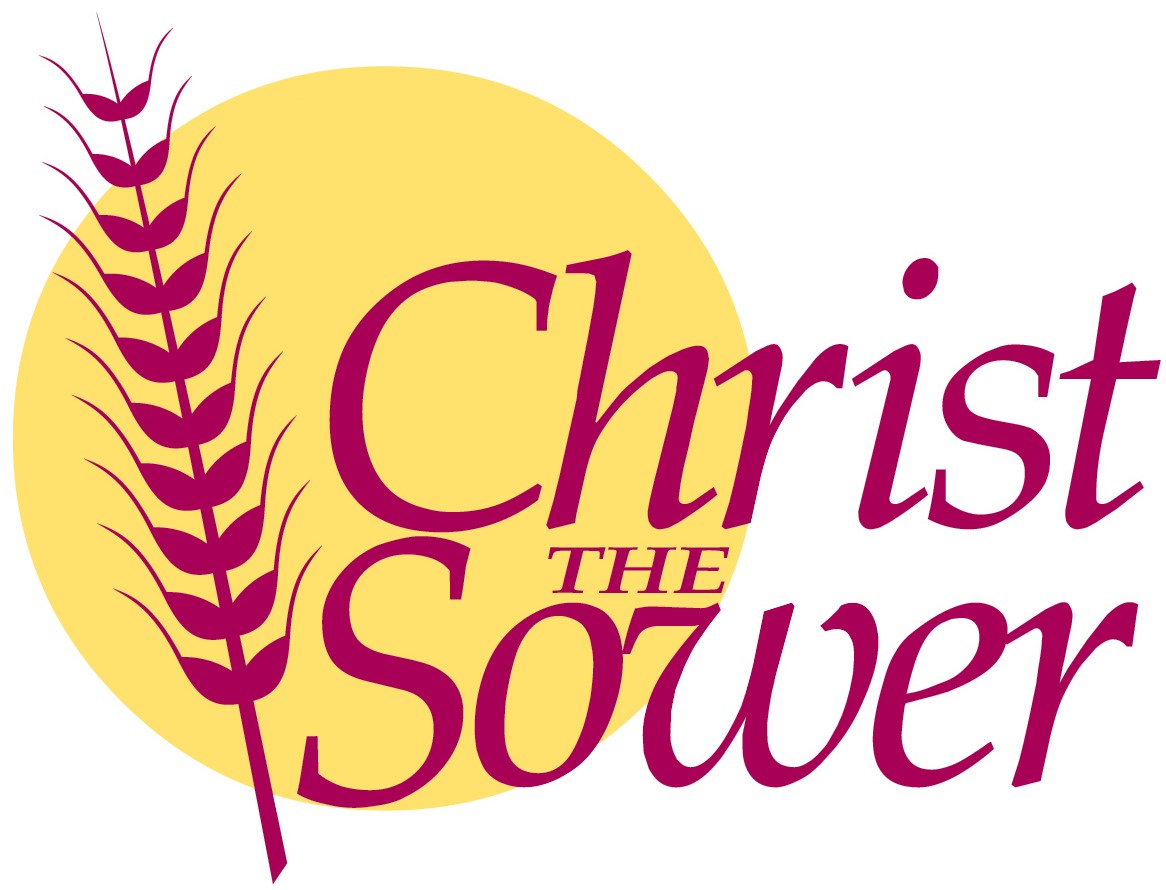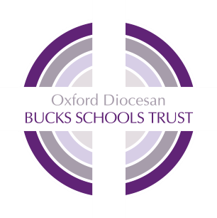- Home
- Our CARE Curriculum
- Our 'CARE' Cultural Curriculum
- Subjects
- Science
- Intent, Implementation and Impact
Intent, Implementation and Impact
Intent
At Christ the Sower Ecumenical Primary School, we have the highest aspirations for all of our children and our CARE Cultural Curriculum encourages our children to develop a sense of awe and wonder about the world around them.
Our CARE Cultural curriculum has been designed to reflect the context and interests of our children, to draw on their strengths and to develop areas of learning that build individual cultural and scientific capital; so preparing children for life in the 21st century. Our Curriculum is challenging for all children, coherently and logically sequenced and in practice, it results in a fun, engaging, high-quality science education, which provides children with the foundations and knowledge for understanding the world.
Our engagement with the local environment will ensure that children learn through varied and first hand experiences of the world around them. Frequent, continuous and progressive learning outside the classroom will be embedded throughout science and our cultural curriculum-through various workshops, trips and interactions with experts and local charities. We aim to ensure that children have access to positive role models and initiatives within the field of science, technology, engineering and mathematics from the immediate and wider local community. From this exposure, our children will leave us as motivated learners with sound scientific understanding.
Through a wide range of purposeful, planned and structured learning opportunities from the moment children enter our school, they acquire specific skills and subject knowledge to gain an understanding of scientific processes and an understanding of the purpose and implications of biology, chemistry and physics in every aspect of their daily life, stages of education and future life experiences.
Through a sequentially structured curriculum, children are taught essential aspects of the knowledge, methods, processes and uses of science. The skills and knowledge are mapped out to ensure that pupils build on secure prior knowledge, some topics being revisited for children to explore on a deeper level and embed into the long-term memory.
Science at CTS harnesses the natural curiosity of children from when they first enter the Early Years Foundation Stage, it promotes respect for living organisms and the natural environment and ensures that our children acquire scientific knowledge, are able to retain what they know and recall what they’ve learnt in subsequent year groups, so becoming more knowledgeable and independent learners as they move through the key stages.'
Carefully planned enrichment opportunities ensure that all of our children are able to make links between their learning and the world in which we live. Learning opportunities will enable all children to work collaboratively, apply their reading, writing and speaking skills to raise questions and make observations, methodically plan and safely carrying out investigations.
On their transition to Key Stage Three our children will have the resilience and confidence to independently initiate scientific enquiry and investigation.
Lessons and topics are ambitious and designed to improve children’s cultural capital enabling them to transfer skills across subjects and into later life. Children develop their oracy and understanding/use of language through the scientific vocabulary taught and revisited in lessons. CARE is rooted in our Science curriculum as children develop an ASPIRATIONAL outlook, engagement in real world, inspirational topics and the ability to make CHOICES and REFLECT in carrying out pupil-led investigations when exploring their own scientific enquiry.
Implementation
Teachers create a positive attitude to science learning within their classrooms and continually reinforce the highest of expectations and instil the belief that all pupils are capable of achieving high standards in science. Our whole school approach to the teaching and learning of science involves the following;
- Science is taught in planned topics, using a variety of hands-on-approaches, questions, investigations and quizzes to enable the achievement of a greater depth of knowledge.
- Through our planning, we involve problem-solving opportunities that allow children to apply their knowledge, and find out answers for themselves.
- Children are encouraged to ask their own questions, and they are given opportunities to use their scientific skills and research to discover the answers. This curiosity is celebrated within the classroom. Planning involves teachers creating engaging lessons, often involving high-quality resources to aid understanding of conceptual knowledge. Teachers use precise questioning in class to test conceptual knowledge and skills, and assess pupils regularly to identify those children with gaps in learning, so that all pupils keep up.
- We carefully build upon the knowledge and skill development of the previous years. As the children’s knowledge and understanding increases, and they become more proficient in selecting, using scientific equipment, collating and interpreting results, they become increasingly confident in their growing ability to come to conclusions based on real evidence.
- Working Scientifically skills are embedded into lessons to ensure these skills are being developed throughout the children’s school career and new vocabulary and challenging concepts are introduced through direct teaching. This is developed through the years, in keeping with the topics.
- Teachers demonstrate how to use scientific equipment, and the various Working Scientifically skills in order to embed scientific understanding. Teachers find opportunities to develop children’s understanding of their surroundings by accessing outdoor learning and workshops with experts.
- Children are offered a wide range of extra-curricular activities, visits, trips and visitors to complement and broaden the curriculum. These are purposeful and link with the knowledge being taught in class.
- Regular events, such as Science Week and workshops with our partner secondary schools, allow all pupils to come off-timetable, to provide broader provision and the acquisition and application of knowledge and skills. We aim for these events to involve families and the wider community.
Impact
Children’s progress is continually monitored throughout their time at Christ the Sower and is used to inform future teaching and learning. By the end of each key stage, pupils are expected to know, apply and understand the matters, skills and processes specified in the relevant programme of study as set out in the National Curriculum.
Children receive effective feedback through teacher assessment, both orally and through written feedback in line with the success criteria. Assessment for learning is continuous throughout the planning, teaching and learning cycle through a variety of methods:-
- Observing children at work, individually, in pairs, in a group, and in classes.
- Questioning, talking and listening to children
- Considering work/materials / investigations produced by children together with discussion about this with them.
In line with the KWL strategy, children identify what they know already about each topic, as well as what they would like to know. The programme of study is responsive to the children’s starting points, as well as their specific interests. It also ensures a focus on the key identified knowledge of each topic, which is mapped within and across year groups to ensure progression. At the end of each blocked science topic, this key knowledge is checked. Outcomes of work also evidence its acquisition.
In EYFS, we assess the children’s Understanding of the World according to the Development Matters statements and some aspects of Expressive Arts Design are also science based.

